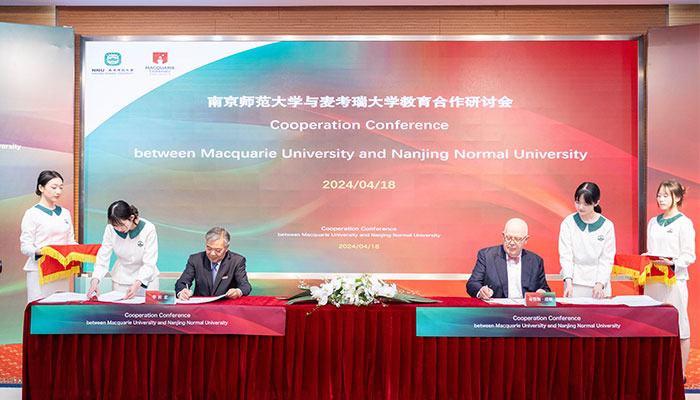A major review recently published in Frontiers of Microbiology examines the broader issues associated with widespread antibiotic resistance. The paper, by Professor Michael Gillings from Macquarie University, discussed the increasing concentration of antibiotics in densely populated areas. He says that the effects of antibiotics and resistance genes have now spread to locations distant from the influence of developed societies, such as the Artic, Antarctica, and the Amazonian jungle.
“Humans flood the world with antibiotics and with antibiotic resistance genes. This is likely to have profound and unpredictable effects on every microorganism on the planet, adding to the adverse consequences resulting from resistance genes,” says Professor Michael Gillings, Macquarie University.
According to Gillings, antibiotics themselves should be regarded as pollutants, as a major proportion of ingested antibiotic is excreted into the environment and this overwhelms the natural production of these compounds.
“Antibiotics are constantly being released into the environment via human waste streams, essentially unchanged. Although it is difficult to estimate the precise amounts, it probably comes to millions of metric tons per year. Continued pollution with such quantities has potentially adverse consequences for human welfare,” say Gillings
Gillings says that the widespread use and abuse of antibiotic therapy will continue to increase the concentration of antibiotics in the environment. The evolutionary and ecological consequences of this phenomenon are only just beginning to be examined.
“It is clear that antibiotic resistant bacteria will increase in abundance. The risk associated with the environmental spread of resistance genes with known adverse consequences for human welfare has had little attention, nor has the potential for pollution with antibiotics to affect ecosystems globally. It is important that attention be paid to this growing imbalance.”
Article: “Evolutionary consequences of antibiotic use for the resistome, mobilome, and microbial pangenome,” Michael R. Gillings, Department of Biological Sciences, Macquarie University, Frontiers of Microbiology Published Online: 22 January 2013. http://www.frontiersin.org/antimicrobials,_resistance_and_chemotherapy/10.3389/fmicb.2013.00004/abstract
“Humans flood the world with antibiotics and with antibiotic resistance genes. This is likely to have profound and unpredictable effects on every microorganism on the planet, adding to the adverse consequences resulting from resistance genes,” says Professor Michael Gillings, Macquarie University.
According to Gillings, antibiotics themselves should be regarded as pollutants, as a major proportion of ingested antibiotic is excreted into the environment and this overwhelms the natural production of these compounds.
“Antibiotics are constantly being released into the environment via human waste streams, essentially unchanged. Although it is difficult to estimate the precise amounts, it probably comes to millions of metric tons per year. Continued pollution with such quantities has potentially adverse consequences for human welfare,” say Gillings
Gillings says that the widespread use and abuse of antibiotic therapy will continue to increase the concentration of antibiotics in the environment. The evolutionary and ecological consequences of this phenomenon are only just beginning to be examined.
“It is clear that antibiotic resistant bacteria will increase in abundance. The risk associated with the environmental spread of resistance genes with known adverse consequences for human welfare has had little attention, nor has the potential for pollution with antibiotics to affect ecosystems globally. It is important that attention be paid to this growing imbalance.”
Article: “Evolutionary consequences of antibiotic use for the resistome, mobilome, and microbial pangenome,” Michael R. Gillings, Department of Biological Sciences, Macquarie University, Frontiers of Microbiology Published Online: 22 January 2013. http://www.frontiersin.org/antimicrobials,_resistance_and_chemotherapy/10.3389/fmicb.2013.00004/abstract



